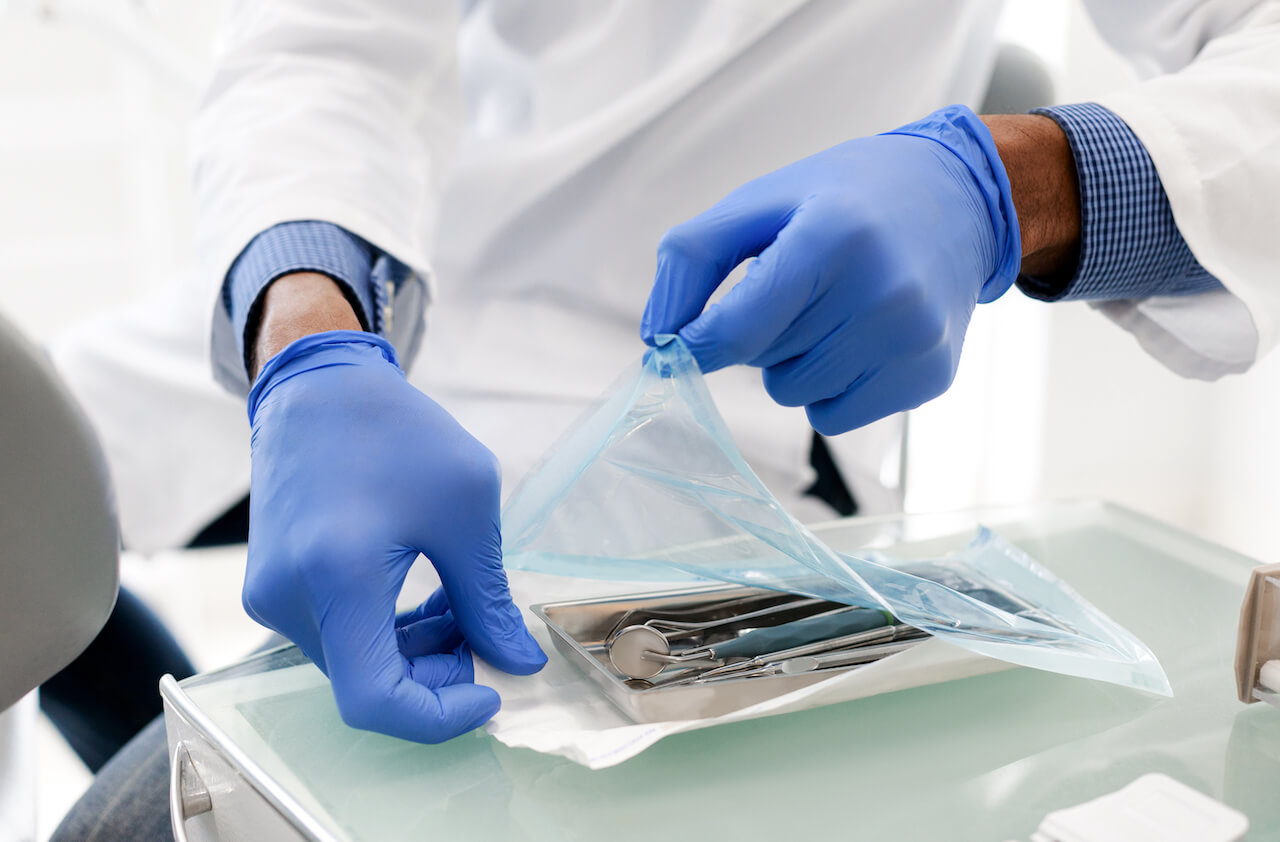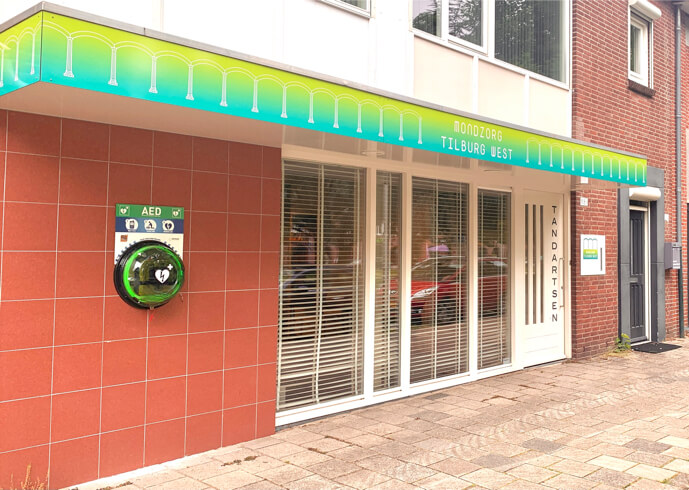
The Future of Plastics in Dentistry
Driven by the regulations on hygiene and infection prevention, the dental industry heavily relies on disposable products, aiming for a convenient and organized workflow. However, the environmental impact of disposable plastic products, especially in terms of CO2 emissions and waste generation, is significant. The production and disposal of these products contribute to environmental pollution and climate change. To address this issue, alternative solutions such as reuse of plastics and the use of plant-based plastics have been explored.
Better dental health through the plastic toothbrush
Plastic, with its versatile material properties, has revolutionized oral health care, making products like the toothbrush accessible to a global audience. While plastic has played a crucial role in improving oral hygiene, its disposal and environmental impact have raised concerns over the years.
In the quest for sustainable dental care, reducing plastic consumption and transitioning to reusable materials are essential steps. Research is ongoing to assess the environmental impact of cleaning reusable instruments compared to disposing of them. The current consensus favors reuse as a less burdensome option.
Efforts are being made to develop products made from a single type of easily recyclable plastic material. This shift towards a circular economy requires a reevaluation of the entire production chain, from raw materials to design and manufacturing.
Sustainable dentistry
While plastic remains indispensable in dentistry, the focus is on enhancing environmental-friendliness. By advocating for reduced plastic use and promoting the adoption of more sustainable materials, the dental industry can contribute to a greener future.




